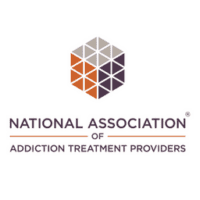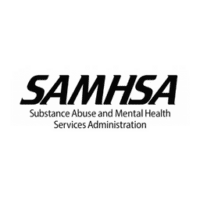Age-Specific Care
We are age-specific, not gender-specific. We focus on the unique circumstances that you face at your specific stage of life.
A trauma screening tool developed by mental health professionals and the DSM-5 to assess the severity of your symptoms and lets you know if it is time to seek mental health treatment.
This trauma quiz questionnaire helps assess symptoms of trauma through a series of targeted questions. The purpose is to provide a preliminary evaluation of your mental health related to traumatic experiences.
Trauma is evaluated using criteria from the DSM, examining symptoms such as re-experiencing the traumatic event, avoidance, hyperarousal, and changes in mood or cognition.
The test scores responses to indicate the presence and severity of trauma-related symptoms. The results of this quiz are confidential, and we will never divulge any health information.
Disclaimer: While useful for initial assessment, this test is not a diagnostic tool, it is still important to seek a diagnosis from a mental health professional. If the test indicates significant trauma-related symptoms, immediate help from mental health services or crisis hotlines is crucial. Please self-report any severe distress or safety concerns.

We have a variety of substance use, addiction, and mental health screening tools that can help you determine if it is time to seek help.





5040 Corporate Woods Dr., Virginia Beach, Virginia, 23462
(888) 850-1890

16325 S Harlem Ave #260, Tinley Park, Illinois, 60477
(888) 850-1890